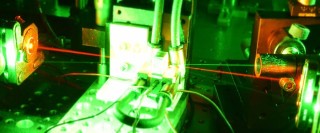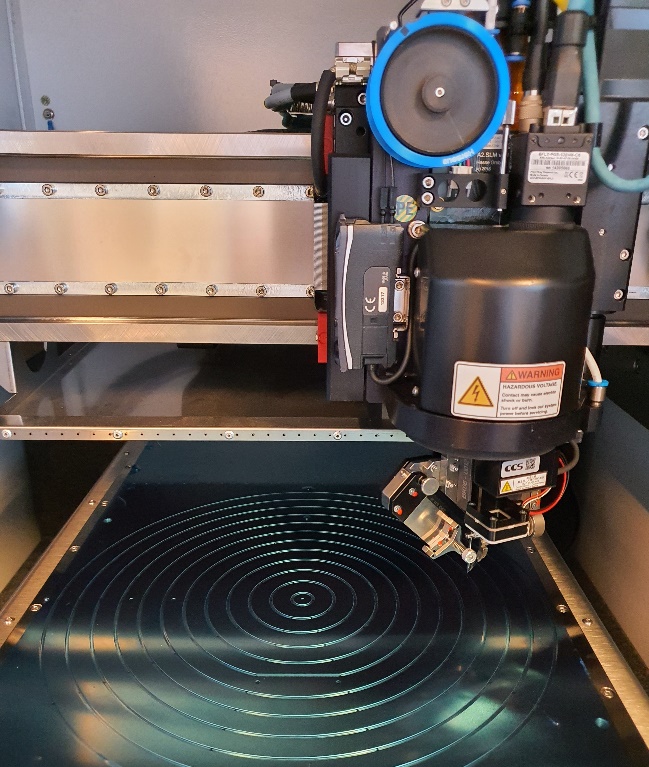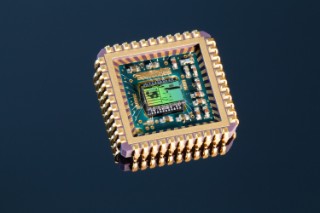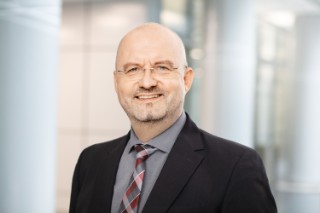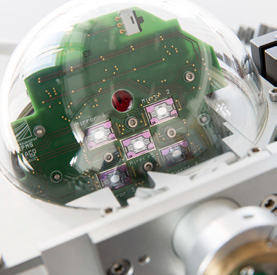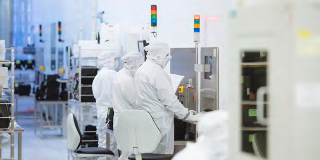
On March 31, 2025, at the Hannover Messe, the Research Fab Microelectronics Germany (Forschungsfabrik Mikroelektronik Deutschland FMD) officially unveiled its new Chiplet Application Hub. Designed to serve as a central platform for the development and application of chiplet technologies, the hub aims to bridge the gap between research and industrial use. By working closely with industry partners, the hub accelerates the development of chiplets made in Germany, elevating industrial research to a new level. At the national level, it complements FMD’s role in the Chips for Europe Initiative, further reinforcing Germany’s technological resilience. The hub's research, development, and prototyping activities build on the infrastructure of the APECS pilot line, ensuring direct pathways to industrial application.
more info Fraunhofer Group for Microelectronics in cooperation with the Leibniz institutes IHP and FBH
Fraunhofer Group for Microelectronics in cooperation with the Leibniz institutes IHP and FBH










